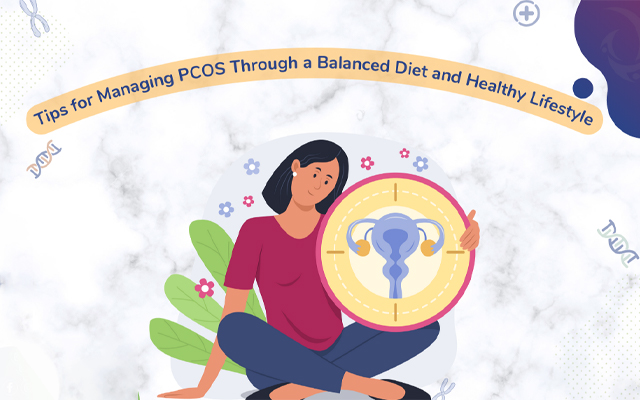Tackling Childhood Obesity: A Nutritionist's Guide to Nurturing Healthy Habits
Childhood obesity is a growing epidemic that poses serious health risks and challenges for children and families worldwide. As a nutritionist, I am deeply committed to addressing this issue by empowering families with knowledge, tools, and support to foster healthy eating habits and active lifestyles. In this blog, we'll explore the prevalence and consequences of childhood obesity, as well as practical strategies for prevention and management.
Understanding Childhood Obesity: Childhood obesity is defined as having excess body fat that negatively impacts a child's health and well-being. It is typically assessed using body mass index (BMI) percentiles for age and gender. According to the World Health Organization (WHO), the prevalence of childhood obesity has reached alarming levels globally, with approximately 38 million children under the age of 5 being overweight or obese.
Consequences of Childhood Obesity: Obesity in childhood not only increases the risk of immediate health problems such as type 2 diabetes, high blood pressure, and fatty liver disease but also predisposes children to a higher likelihood of developing chronic conditions such as heart disease, stroke, and certain cancers later in life. Moreover, obesity can have profound psychosocial effects, including low self-esteem, depression, and social stigma.
The Role of Nutrition: Nutrition plays a pivotal role in the prevention and management of childhood obesity. Establishing healthy eating habits early in life sets the foundation for lifelong health and well-being. A balanced diet rich in fruits, vegetables, whole grains, lean proteins, and healthy fats provides essential nutrients while promoting satiety and energy balance.
Practical Strategies for Prevention and Management:
- Promote Family Meals: Encourage regular family meals as an opportunity to model healthy eating behaviors, foster positive mealtime interactions, and explore new foods together.
- Limit Processed Foods and Sugary Beverages: Minimize consumption of processed foods, sugary snacks, and sweetened beverages, which are high in calories, sugar, and unhealthy fats.
- Encourage Physical Activity: Emphasize the importance of regular physical activity for overall health and weight management. Encourage children to engage in enjoyable activities such as sports, active play, and outdoor adventures.
- Practice Mindful Eating: Teach children to listen to their bodies' hunger and fullness cues, eat slowly, and savor their food mindfully to prevent overeating.
- Limit Screen Time: Reduce sedentary behaviors such as excessive screen time and encourage alternative activities that promote movement and creativity.
- Seek Professional Guidance: Consult with a qualified nutritionist or healthcare provider for personalized guidance and support tailored to your child's specific needs, preferences, and health goals.
Empowering Families for Healthier Futures: Addressing childhood obesity requires a collaborative effort involving families, communities, healthcare providers, policymakers, and educators. By empowering families with knowledge, skills, and resources to make healthy choices, we can create a supportive environment where children thrive and reach their full potential.





